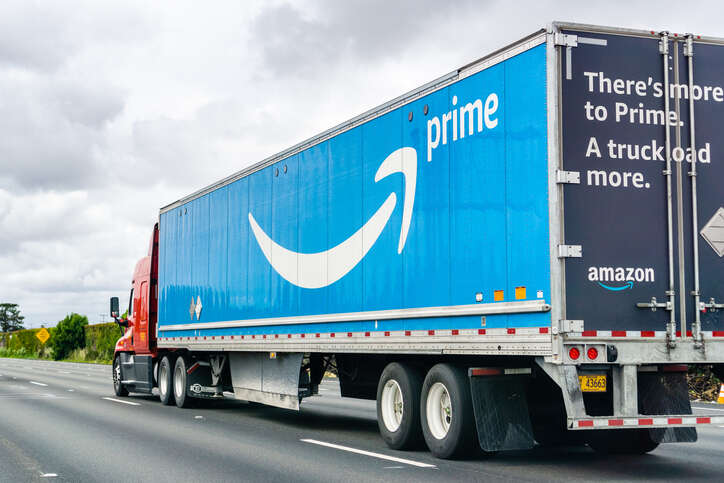
The world’s economic landscape is dominated by a select group of colossal corporations whose influence extends across continents and industries. These are the biggest companies in the world, titans of commerce whose revenues and market capitalizations dwarf those of their peers. From technology giants revolutionizing the way we live and work to energy conglomerates powering nations, these corporate behemoths shape global economies and define the modern business landscape. In this exploration, we delve into the realm of the biggest companies, examining their vast operations, impact on society, and the intricate mechanisms that propel them to the zenith of corporate success. Join us as we navigate the fascinating world of the largest and most influential entities that drive our interconnected global economy.
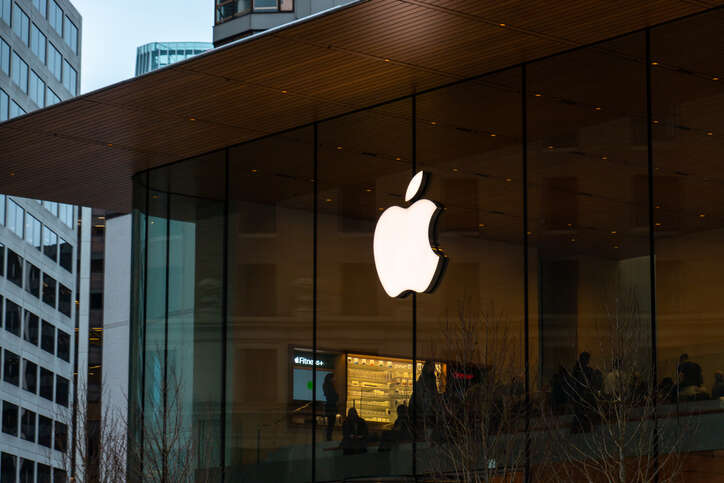
Technology titans
A. Apple Inc .
- Company overview: Apple Inc ., headquartered in Cupertino, California, is synonymous with innovation and design excellence. Founded by Steve jobs, Steve Wozniak, and Ronald Wayne in 1976, Apple has transformed the technology landscape with its iconic products.
- Iconic products and services: Apple ‘s product portfolio includes the iphone, ipad, mac, Apple watch, and a range of software and services like ios, macos, itunes, and the app store.
- Market capitalization and financial standing: As of my last knowledge update in September 2021, Apple consistently ranked as one of the world’s most valuable companies, with a market capitalization exceeding $2 trillion. Its robust financial performance, driven by strong product sales and a loyal customer base, solidified its position.
B. Microsoft Corporation
- Role in the tech industry: Microsoft Corporation, headquartered in Redmond, Washington, is a technology giant known for its software products, cloud computing services, and productivity solutions. Founded in 1975 by bill gates and Paul Allen, Microsoft played a pioneering role in personal computing.
- Software, cloud, and productivity solutions: Microsoft’s product lineup includes the windows operating system, office suite, azure cloud platform, and a range of enterprise solutions.
- Global market presence: Microsoft has a global footprint and serves businesses and consumers in virtually every corner of the world. Its cloud services, in particular, have gained significant market share.
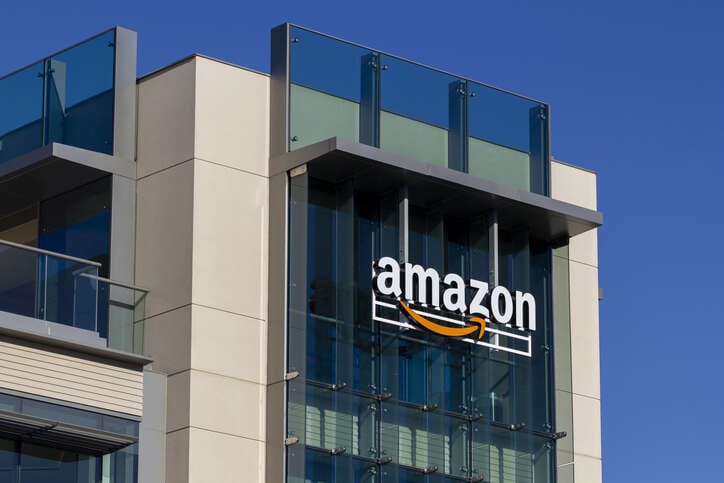
E-commerce and tech innovators
A. Amazon.com, Inc.
- Dominance in online retail: Amazon.com, Inc., founded by Jeff Bezos in 1994, revolutionized e-commerce and online shopping. It quickly became the world’s largest online retailer, offering a vast array of products and services.
- Amazon web services (AWS): In addition to e-commerce, Amazon’s cloud computing division, AWS, became a major player in the global tech industry, providing cloud infrastructure and services to businesses.
- Expanding business ventures: Amazon expanded into areas such as streaming media (Amazon prime video), smart devices (Amazon echo), and logistics (Amazon logistics) to diversify its revenue streams.
B. Alphabet Inc.
- Google: The leading search engine: Alphabet Inc. Is the parent company of Google, the world’s leading search engine. Founded by Larry page and Sergey Brin in 1998, Google has become synonymous with online search and information retrieval.
- Alphabet’s diverse subsidiaries: Alphabet’s diverse portfolio includes subsidiaries like Waymo (self-driving cars), verily (life sciences), and deepmind (artificial intelligence), demonstrating a commitment to innovation across various sectors.
- Influence on the digital world: Google’s products and services, including search, android, youtube, and Google cloud, have a profound impact on how we access information, communicate, and conduct business in the digital age.
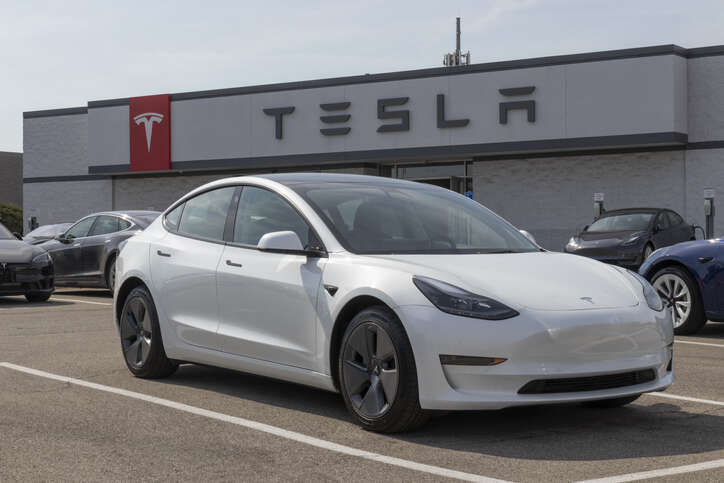
Diverse conglomerates
A. Berkshire Hathaway Inc.
- Warren Buffett’s leadership: Berkshire Hathaway, led by legendary investor Warren Buffett, is a conglomerate with diverse holdings, including insurance, utilities, manufacturing, and retail.
- Investments across industries: Berkshire Hathaway’s investment portfolio includes well-known companies such as coca-cola, Apple , and American express. Buffett’s value investing approach has been central to the company’s growth.
- Market capitalization and growth: While not traditionally a technology company, Berkshire Hathaway’s investments and market capitalization have made it a significant player in the corporate world.
B. Tesla, inc.
- Electric vehicle revolution: Tesla, inc., led by Elon Musk, is at the forefront of the electric vehicle (EV) revolution. Tesla’s EVs, including the model s, model 3, model x, and model y, have reshaped the automotive industry.
- Clean energy solutions: Tesla’s ventures extend beyond EVs to clean energy solutions, including solar panels and energy storage products like the powerwall and powerpack.
- Tesla’s impact on the automotive industry: Tesla’s innovative approach to EVs has spurred traditional automakers to accelerate their electric vehicle development efforts, marking a significant shift in the automotive landscape.

Social media and connectivity giants
A. Meta platforms, inc. (formerly Facebook, inc.)
- Social media dominance: Meta platforms, inc., formerly known as Facebook, is a social media juggernaut. Founded by mark Zuckerberg in 2004, Facebook, Instagram, Whatsapp, and Oculus are all part of the meta ecosystem.
- Metaverse vision: Meta’s vision of the metaverse—a virtual, interconnected world—is shaping the future of digital experiences and connectivity.
- Expanding digital ecosystem: Beyond social media, meta is investing in technologies like virtual reality (VR) and augmented reality (AR) to redefine online interaction and communication.
B. Tencent Holdings ltd.
- Chinese tech powerhouse: Tencent Holdings ltd., based in china, is a tech conglomerate known for its dominance in gaming, social networking, and digital services.
- Gaming and social networking: Tencent owns popular gaming titles like league of legends and investments in epic games (fortnite). It operates the wechat social platform, which boasts over a billion users.
- Global reach and investments: Tencent’s global investments include stakes in companies like snap inc. And Tesla, making it a player in both domestic and international markets.

International e-commerce leaders
A. Alibaba group holding ltd.
- E-commerce empire: Alibaba group holding ltd., founded by jack ma, is a Chinese e-commerce giant with a sprawling online marketplace and ecosystem of digital services.
- Cloud computing and digital payments: Alibaba’s cloud computing arm, alibaba cloud, and digital payment platform, Alipay, have expanded the company’s influence beyond e-commerce.
- Alibaba’s global impact: Alibaba’s reach extends to global markets, influencing e-commerce trends and digital payment systems worldwide.
B. Visa inc.
- Global payment services: Visa inc. Is a global financial services company that facilitates electronic funds transfers and payment transactions through its credit and debit card networks.
- Facilitating electronic transactions: Visa’s infrastructure enables secure and convenient electronic transactions, from point-of-sale purchases to online payments.
- Financial inclusion efforts: Visa is actively involved in financial inclusion initiatives, expanding access to digital financial services and payment solutions globally.

Financial services giants
A. Jpmorgan chase & co.
- Banking and financial services: Jmorgan chase & co., one of the largest banks in the united states, offers a wide range of financial services, including banking, investment banking, and asset management.
- Global banking influence: Jpmorgan chase’s global presence positions it as a major player in international finance and banking.
- Investment and asset management: The company’s investment banking arm provides services to corporations and institutions, contributing to its influence in financial markets.
B. Johnson & Johnson
- Healthcare and pharmaceutical leader: Johnson & Johnson is a multinational healthcare and pharmaceutical conglomerate known for its consumer health products, pharmaceuticals, and medical devices.
- Consumer health products: Johnson & Johnson’s consumer health brands, such as band-aid and Tylenol, have a ubiquitous presence in households worldwide.
- Medical devices and innovation: The company’s medical devices segment is involved in developing and manufacturing a wide range of healthcare products.
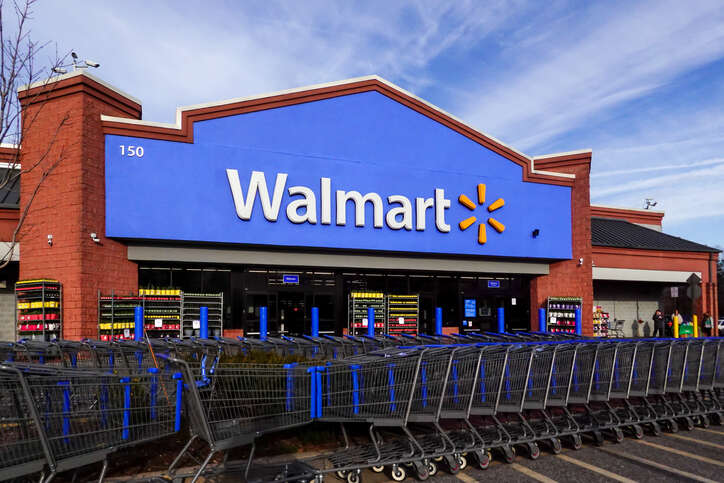
Consumer goods and retail titans
A. Procter & gamble co. (p&g)
- Diverse portfolio of consumer brands: Procter & gamble (p&g) boasts a diverse portfolio of consumer brands in categories ranging from beauty and grooming to health and home care.
- Household and personal care products: P&G’s products, including tide, pampers, Gillette, and Olay, are household names known for their quality and innovation.
- Global market presence: P&G’s products are available in nearly every corner of the globe, contributing to its status as a global consumer goods leader.
B. Walmart inc.
- Retail dominance: Walmart inc. Is one of the world’s largest retail corporations, operating a vast network of supermarkets, discount stores, and e-commerce platforms.
- Physical stores and e-commerce: Walmart’s dual approach to retail includes a robust presence in physical stores and a growing e-commerce platform.
- Walmart’s social and environmental initiatives: The company is engaged in various sustainability and social impact initiatives, reflecting its commitment to responsible business practices.
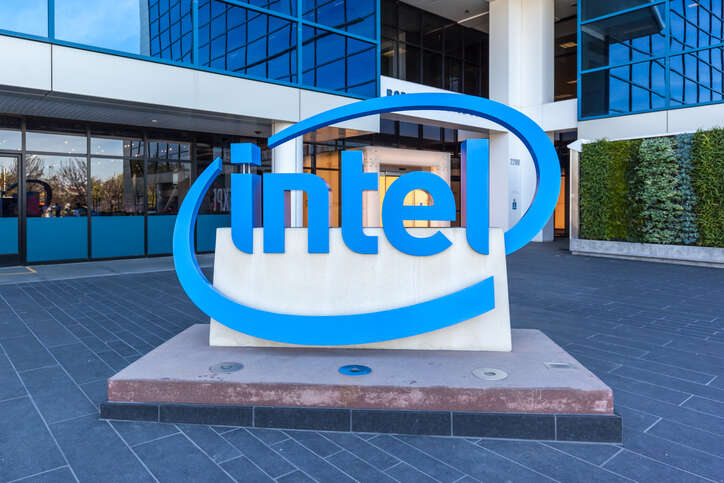
Semiconductor and technology innovator
A. Intel corporation
- Semiconductors and microprocessors: Intel corporation is a leading American technology company specializing in semiconductor manufacturing. It produces microprocessors for computers and other devices.
- Role in advancing technology: Intel’s microprocessors have played a central role in the advancement of computing technology, powering a wide range of devices.
- Market influence and challenges: Intel faces challenges in a highly competitive semiconductor industry, including the rise of competitors and supply chain issues.
In conclusion, the landscape of the world’s biggest companies is ever-evolving, reflecting the dynamic forces of innovation, globalization, and market demand. These corporate giants, often with a global reach and diversified portfolios, play a pivotal role in shaping economies and industries. While their rankings may shift over time, what remains constant is their commitment to innovation, sustainability, and meeting the evolving needs of consumers. As these companies continue to adapt and expand, their influence on the global business landscape is undeniable, leaving an indelible mark on the world of commerce and technology.


